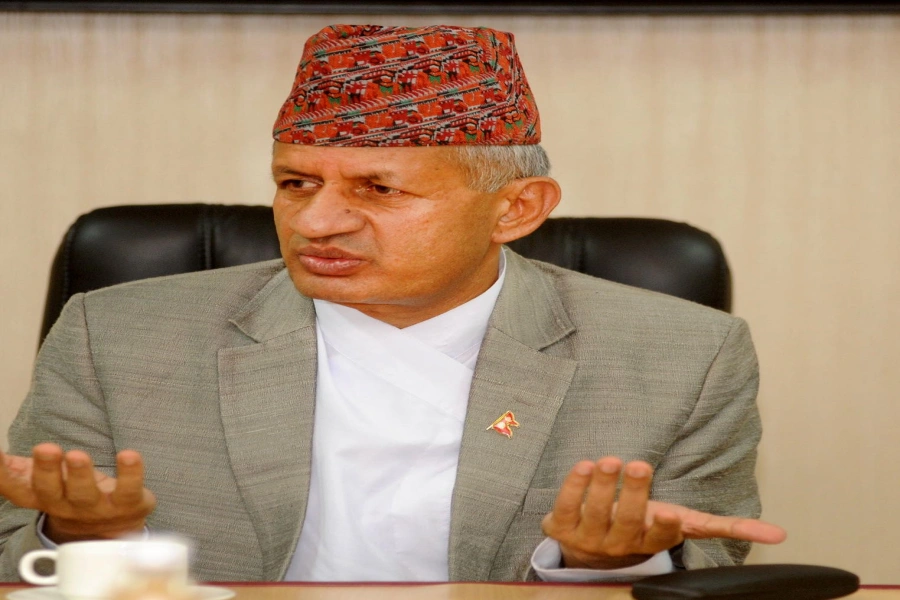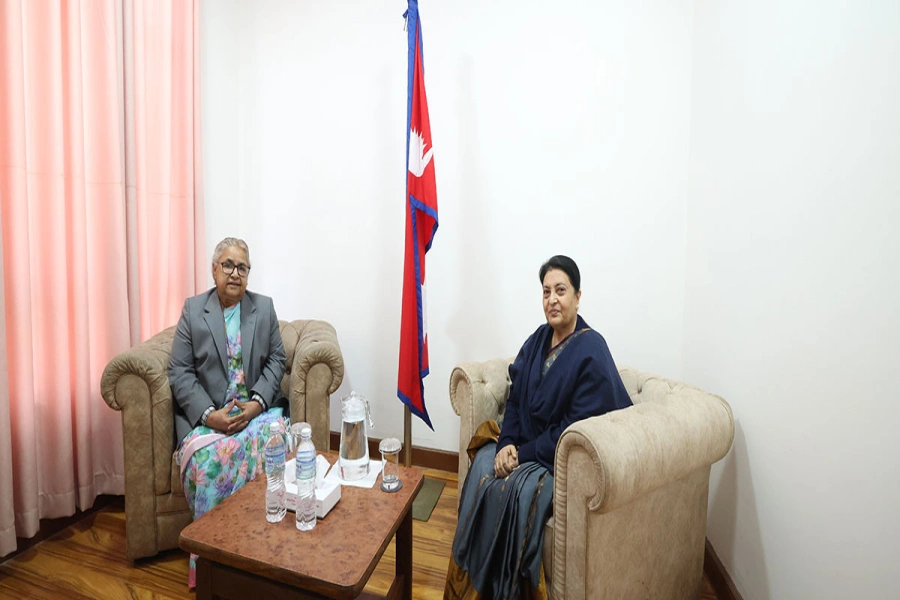KATHMANDU, June 16: As the constitutional deadline for enacting laws concerning 31 fundamental rights guaranteed by the constitution inches closer, the government is likely to miss it for lack of timely preparations.
With just three months left for the constitutional deadline for enacting laws needed for implementing the fundamental rights, the government has failed to register any bill in parliament so far, let alone have it endorsed by the legislature. Endorsement of such bills could take months due to the ongoing budget discussions and other lengthy parliamentary procedures.
According to officials at the Ministry of Law, Justice and Parliamentary Affairs, the ministry has finalized some of the bills while dozens of others are still in the drafting stage.
Laws relatining to the right against torture, the rights of Dalits, the rights of farmers and half a dozen other fundamental rights are unlikely to be ready prior to the September deadline as the government has yet to start drafting the bills.
Parliament endorses all bills related to citizens’ fundamental...

The new constitution promulgated in 2015 has a provision for 31 fundamental rights. The constitution has set three years since the implementation of the constitution as the deadline for the enactment of those rights.
September 20 marks the 3rd anniversary of the promulgation of the new charter. Article 47 of the constitution has stated that 'the state shall, as required, make legal provisions for the implementation of the rights conferred by this Part, within three years of the commencement of this Constitution'.
Experts say it will be highly challenging to implement many of the fundamental rights without a proper state structure in place. The new statute increased the number of fundamental rights to 31 from 21 in the erstwhile interim constitution. The law ministry has identified 17 laws for immediate enactment for implementating the new charter.
Law Minister Sher Bahadur Tamang, however, said all these laws will be registered in parliament by the end of the month. “We are working on a war footing and all the bills shall be registered in parliament by the end of this month,” Tamang told Republica.
The process of endorsing the bills through parliament has been further prolonged with the bicameral parliament coming into existence earlier this year. A bill registered in either the lower or upper house should be endorsed by both houses.
“In view of the lengthy process involved, we will divide the bills between the upper and lower houses so that both houses can work on them in tandem,” added Minister Tamang.
Despite the minister's claim, the government is yet to start drafting the bills related to the rights against torture, rights of Dalits, rights of farmers, the right to land for Dalit squatters and the right to property .
According to an official at the ministry, the process was delayed as the various ministries concerned failed to prepare the drafts that come under their jurisdictions. “The Ministry of Labor and Employment has only recently taken up preparing the draft of the 'Bill on Right to Employment' and we are now working on it,” said Hum Bahadur KC, joint secretary at the ministry.
Similarly, the government has decided to amend some existing laws to incorporate some of the newly introduced fundamental rights and other matters, including the rights of victims of crime, the criminalization of torture and compensating victims, and the right to property.
The ministry has either finalized or is in the process of finalizing the bills for the remaining fundamental rights, according KC.
Over a dozen bills are nearly ready for registering in parliament, according to ministry officials. These include bills on the right to residence, right to food, right to education, rights of children, right to employment, right to health, right to privacy, right against preventative detention, right to land for Dalit squatters, right to motherhood and reproductive health, right to clean environment, rights of consumers, right against untouchability and caste-based discrimination and right to social security.





































